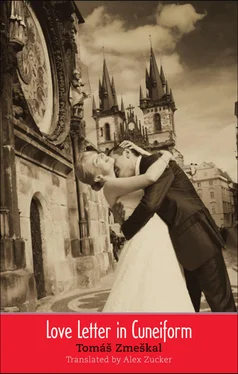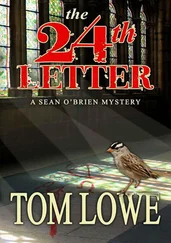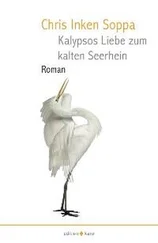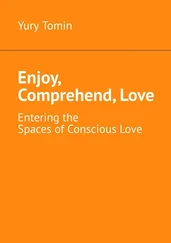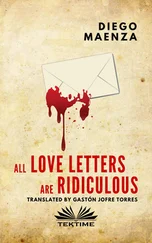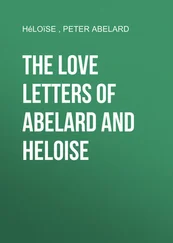The only reason I know these facts is that Zmeškal revealed them in his third book, Sokrates na rovníku: Rodinné reportáže (Socrates at the equator: Family reportages), a work of literary nonfiction published in 2013. Previously, Zmeškal had shared details of his personal background only in dribs and drabs, sprinkled across interviews. (The sole reference to his African heritage in Love Letter , in fact — more of a nod, really — is the character Václav, who appears in Chapter 6: “‘This is my brother doctor, friends,’ said the pastry chef. ‘And these are my friends, doctor. This is Václav,’ he said, pointing to a brown-skinned African man of average height eyeing the doctor suspiciously.”) In Socrates , however, Zmeškal recounts the years that he spent trying to track down his “prodigal father,” who left Zmeškal’s mother and Czechoslovakia in the late sixties, and of meeting his extended family in Congo for the first time.
As a child, Zmeškal said in an interview with Naše rodina in 2010, he “was always scrawling something.” Still, as a teenager he ended up at a technical high school for civil engineering rather than at a gymnázium , studying liberal arts. “My friends saw me writing all the time and said I should go study Czech and Czech literature, but when I asked about it, I was told in no uncertain terms that I would have to join the [Socialist] Youth Union, or even the Party. And I didn’t want to do that.”
While Zmeškal for the most part chose to leave his personal life out of his debut, his second novel, Životopis černobílého jehněte (2009; Biography of a black-and-white lamb), which he wrote in 2005 and 2006, while still seeking a publisher for Milostný dopis klínovým písmem , contains several chapters he describes as “inspired by personal experience,” though, he insisted in an interview with Radio Prague in 2012, “the main line is not autobiographical.” Again the story takes place under communism, again it centers on a family, but this time the main characters are twins, Václav and Lucie, born to a Czech mother and an African father. The difficulties they face growing up black in a near-lily-white society are drawn directly from Zmeškal’s own experience. In one episode of Životopis , for instance, a military orchestra rejects Václav because of his skin color. As Zmeškal told Reflex in 2010, “I auditioned for that orchestra as an amateur clarinetist, and I passed, but in the end they didn’t take me because the politruk [Communist Party overseer] got his hands on a photo of me. It was clearly due to my origin.” Still, the novel’s main concern is not racism per se, but the crushing conformism that permeated every aspect of life in 1980s Czechoslovakia.
In 1987, at the age of twenty-one, Zmeškal received a permit from the authorities to leave Czechoslovakia and travel to London to marry his English girlfriend, whom he had met in Prague. Two years later, the Iron Curtain fell and the East bloc dissolved. Zmeškal’s homeland was no longer a Soviet satellite. Yet he decided to stay in London, studying English language and literature at King’s College, then teaching English himself and delivering the English mail. Over the next eleven years, he traveled back to Prague repeatedly, at one point remaining for a year before returning to London. Finally, in 1998, he made up his mind to resettle in his native city. As he told Radio Prague in 2012, “I’m a city person. I love the countryside, but the city is where I want to be, because I love art and culture and I love meeting people, and Prague is definitely my home, for sure.” Since then he has worked as a lecturer in English literature at Charles University, as well as a translator and interpreter. He is currently employed as a high school English teacher, as well as offering private lessons in creative writing, and is at work on a third novel.
It was a genuine pleasure to find my way through the maze of Zmeškal’s Love Letter , and I hope to be able to translate another one of his books before long.
Alex Zucker
TOMÁŠ ZMEŠKAL was born in Prague to a Czech mother and a Congolese father. In 1987 he left Czechoslovakia to live in London, where he studied English language and literature at King’s College, University of London. He returned to Prague after the collapse of communism, in the 1990s, and since then has worked mainly as a writer, a university and high school teacher of the English language and contemporary English and American literature, and a teacher of creative writing. He has published two novels, one work of literary nonfiction, radio plays, and short stories. His works have been translated into nine languages. He is active in the Czech PEN Club and is a cofounder of the Czech Writers Association. Apart from writing, he paints. His debut novel, Milostný dopis klínovým písmem ( Love Letter in Cuneiform ), won the Josef Škvorecký Prize and the European Union Prize for Literature. His second novel, Životopis černobílého jehněte (Biography of a black-and-white lamb), was shortlisted for the Josef Škvorecký Prize. His most recent book, Sokrates na rovníku: Rodinné reportáže (Socrates at the equator: Family reportages), is a work of literary nonfiction about his search for his father.
ALEX ZUCKER has translated novels by Jáchym Topol, Petra Hůlová, Patrik Ouředník, and Heda Margolius Kovály. From 1990 to 1995 he lived in Prague, working for the Czechoslovak News Agency and Prognosis , the country’s first English-language newspaper. In 2014 he was commissioned to create new subtitles for Closely Watched Trains , the 1966 Czechoslovak New Wave classic based on the Bohumil Hrabal novella. His essay “O Pioneer! Michael Henry Heim and the Politics of Czech Literature in English Translation” appeared in The Man Between: Michael Henry Heim and a Life in Translation (Open Letter). In addition to his translation work, he coedited the volume Reconstructing Atrocity Prevention (Cambridge University Press). Among the honors he has received are an English PEN Writing in Translation Award, an NEA Literature Fellowship, and the ALTA National Translation Award. He currently serves as cochair of the PEN America Translation Committee.
